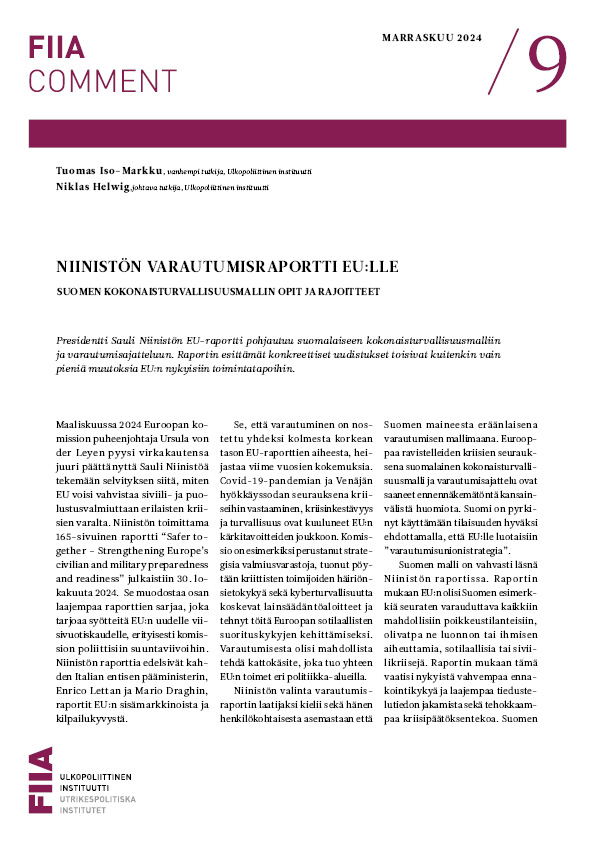In the May 2014 European Parliament elections, Eurosceptic parties mobilized on a new cleavage between the winners and losers of globalization, which mainstream parties have neglected.
The Eurosceptic surge should not be regarded merely as populism or protest, but a legitimate articulation of concerns about the new economic underclass – the globalization losers.
The articulation of the new cleavage varies according to domestic political contexts and traditions: in France, the Front National mobilized on themes of ethnic unity and national sovereignty; in Germany, the Alternative für Deutschland raised concerns over monetary independence in the eurozone, while in the UK, UKIP campaigned with anti-immigration and economic welfare themes.
Since the EP elections, the Eurosceptics have seemed intent on polishing their images and on being perceived as respectable office-seeking parties, both in the EP and at domestic levels.
Respectability requires a non-xenophobic agenda: in the EP, other Eurosceptics refused to cooperate with the FN due to the party’s anti-semitic past; yet the AfD, mobilizing on a more economic agenda, managed to join the ECR group dominated by British Conservatives, while UKIP managed to reform its EFD group.








